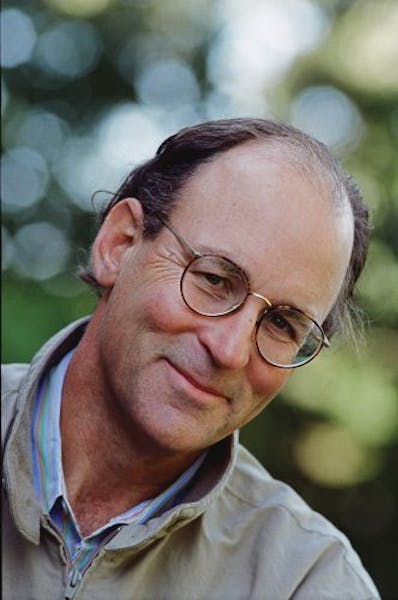The Collyer brothers, Homer and Langley, did live alone in the family's four-story brownstone on 5th Avenue in New York City for most of the 20th century. Homer did go blind, though not so young as E. L. Doctorow has it in this novel. Langley was damaged by mustard gas in World War I. Between the two of them, these brothers accumulated enough of the finery, frippery, machinery, flotsam and jetsam of the era to become perhaps the best-known pack rats in U.S. history. Apparently, the police and fire departments in New York City still refer to such crammed circumstances as a "Collyer situation."
Paranoid, Langley Collyer planted booby traps around their house. It was one of these that trapped him in the end, leaving his dependent, blind brother to die of starvation.
What's interesting about this story from the annals of American tabloid history -- and what it says about our age, mechanization, accumulation and documentation -- is for the most part what's interesting about Doctorow's novel. Packing the framework of the historical narrative with Homer's observations and recollections of life, the book becomes a repository of 20th-century events experienced on a personal and idiosyncratic scale.
Immigrants, prostitutes, society women, jazz musicians, gangsters, hippies -- all find their way to the Collyers' door. And throughout, Homer tracks their progress while Langley, a crazy savant of sorts, develops his Theory of Replacement, whereby everything in life gets replaced, one generation by another, one kind of phenomenon by another, forever.
In support of this theory, Langley collects newspapers and tracks events in the hope of creating one quintessential newspaper, one edition, in which every kind of story would assume its universal form.
Life, as you might imagine, interferes with Langley's scheme. With Doctorow's, not so much. For all the stuff "Homer & Langley" contains, subject and substance alike, the book is surprisingly thin. The historical muse that has served Doctorow so well in the past -- as in "Ragtime" and "Billy Bathgate" -- has been, this time, a little parsimonious.
The story, though written in Doctorow's typically expert way, not a word out of place, is nonetheless largely dry, as confined as its narrator's life. It never really fulfills the poetic promise of the opening: "I'm Homer, the blind brother."
Novelist Ellen Akins teaches in the MFA program at Fairleigh-Dickinson University. She lives in Cornucopia, Wis.

Minnesota Sports Hall of Fame: A class-by-class list of all members

This retired journalist changed professional wrestling from Mankato

